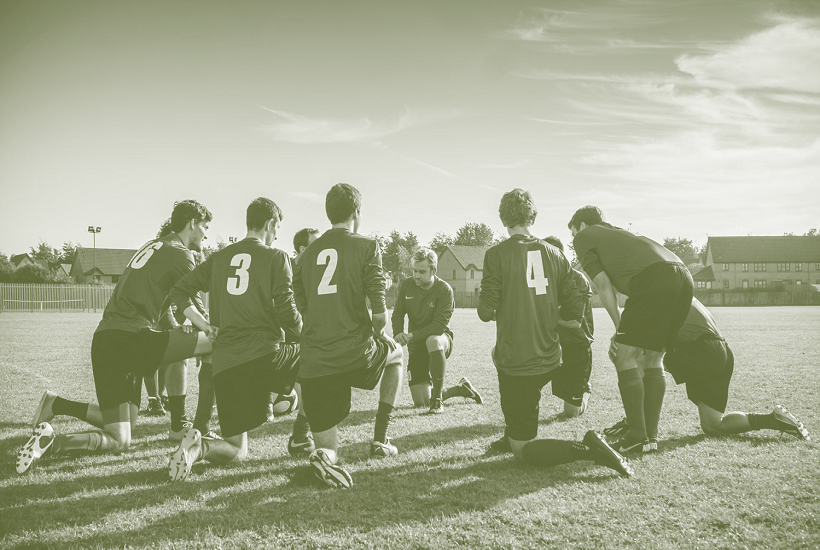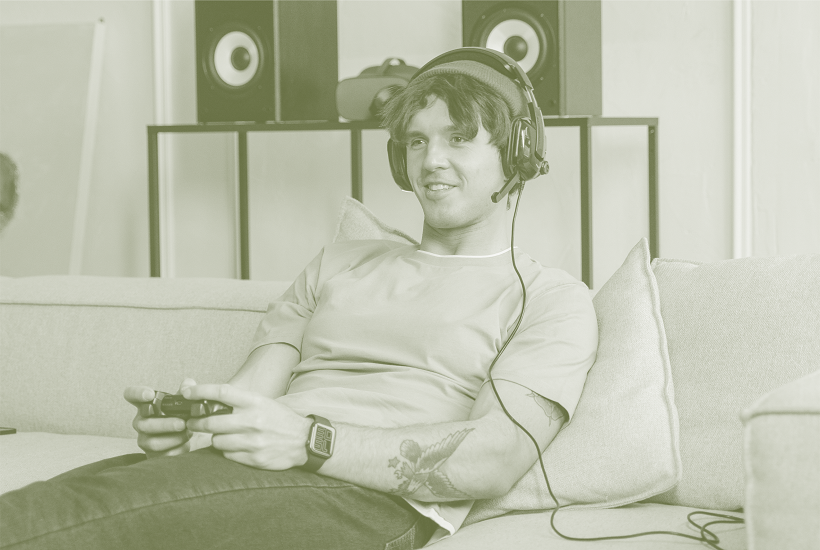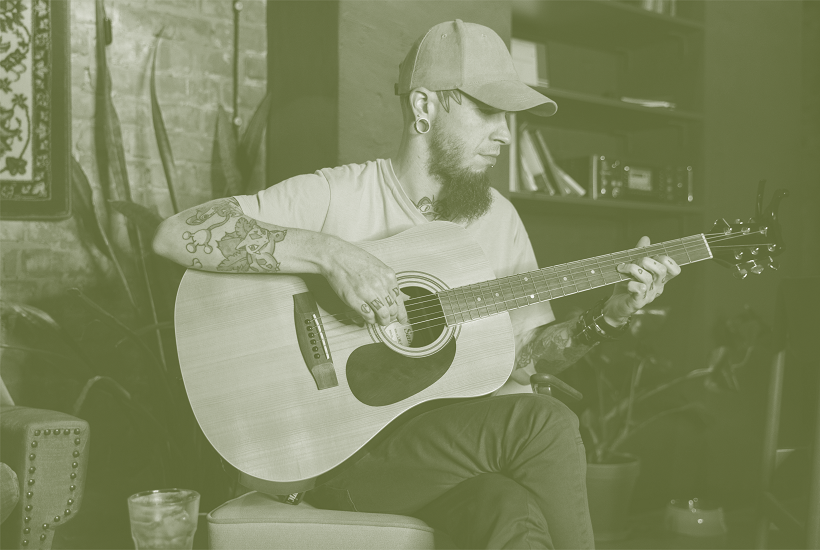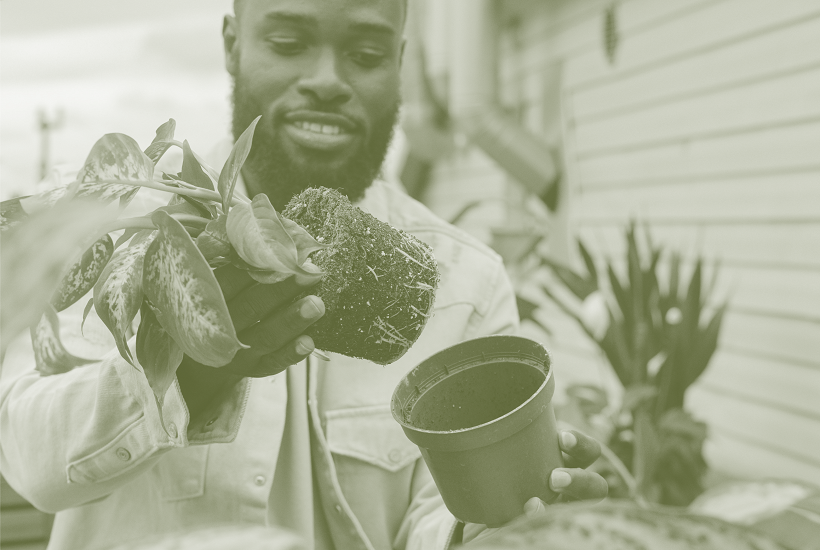YOUR RECREATIONAL WELLBEING
Your recreational wellbeing relates to your engaging in and/or pursuing either alone and/or with others in passions, hobbies, interests, pastimes and activities that entertain, stimulate and relax you and bring a sense of fun and joy into your life.
To have high levels of recreational wellbeing is to be:
- Knowing what interests, pastimes and hobbies can bring pleasure, fun and enjoyment to you.
- Making the effort to strike a positive balance between striving to fulfil your life functioning, and giving yourself time off to relax and recharge.
- Investing in bringing recreational activities and experiences into your life that enrich it.
- Feeling confident to try out new things that could benefit your recreational wellbeing.
- Being aware of what might inhibit your recreational wellbeing, and when you are neglecting it.
- Attending to signs that your recreational pursuits could be becoming excessive, and getting in the way of your life functioning.

CONNECTING TO YOUR PSYCHOLOGICAL WELLBEING?
Your levels of recreational wellbeing and contentment can impact on your psychological wellbeing in both positive and negative ways.
On the positive side…
If you are regularly taking time out to relax and have fun, that can give you a form of escape that promotes mental relaxation and emotional release, helping you feel rested and recharged, and more able to take on life’s challenges.
If you invest in in bringing new and stimulating experiences into your life, it can help your life to feel fulfilling and interesting.
If you are pursing a recreational activity that shows off your talents, it can build your confidence and sense of pride.
If your recreational pastime involves you interacting with others, it can expand the quality and diversity of social connections in your life.
On the negative side…
If you are spending all of your time and effort on your responsibilities and duties and ignoring recreational wellbeing, your life can start to feel dull, stressful and unrewarding.
If there is something you always wanted to do and try, and lack of confidence is holding you back, you can become frustrated and critical of yourself.
If your pursuit of your hobby, interest or passion is getting out of your control, it could damage your wellbeing in other aspects of your life.

INFLUENCERS ON YOUR RECREATIONAL WELLBEING
- Your self-awareness of what hobbies, interests, pastimes and activities that you may enjoy or find stimulating.
- Your belief about the merit of rewarding your hard efforts with some well-earned time off.
- Your knowledge of how to get into a new recreational pursuit that interests you.
- Your confidence to take the first steps and try out something that is new to you.
- Your ability to define and strike the optimum balance between your recreational wellbeing and your life functioning.

LOOKING AFTER YOUR RECREATIONAL WELLBEING
First, examine your beliefs about what is and should be a good balance in your life between investing energies and efforts into your life functioning and achieving your life goals, and giving yourself time off from that.
Consider the value of the mental and emotional escape and opportunity to rest and recharge that can be created by engaging in your recreational wellbeing, and how that can positively contribute to wellbeing in other parts of your life.
Think about what you have enjoyed doing for fun, entertainment and stimulation in the past, what you enjoy doing now, and what you might enjoy trying out (keep an open mind about this).
Decide for yourself what time, energy and other resources you are going to give over to investing in your recreational wellbeing, and what limits you are going to set.
Come up with a plan of action, and/or set in place a routine in your lifestyle to ensure you get into the habit of looking after your recreational wellbeing.
Finally, give stuff a go, keep the momentum going and don’t let recreational wellbeing be the first thing that drops off your list when life gets busy and demanding.

HOW MANN uP CAN HELP?
MANN uP services take a holistic approach to your wellbeing. Prioritising your investment in your mental and emotional ‘fitness’ (your psychological wellbeing), whilst encouraging and supporting you throughout your programme to make positive advances in all parts of your life.
During your programme, you will be given space to reflect on how you currently invest in your recreational wellbeing, and how that connects over to, and impacts on your psychological wellbeing.
You will be encouraged and supported to think about positive and achievable steps you can take in your life to unlock both your recreational and psychological wellbeing potential.
DID YOU KNOW?
- GAMING: The Big Fish Games website reports globally 59% of all gamers are male and 41% are female. For gamers, 53% of the most frequent players feel video games help them connect with friends, and 42% of the most frequent players feel video games help them spend time with family.
- LEISURE TIME: Office for National Statistics website reports in 2015 in the UK, on average males spend 16 hours, 24 minutes per week watching tv, reading or listening to music.
- THE INTERNET: The Science Direct website reports males are more likely to be addicted to the internet than females, whilst the PsychGuides website highlights it can be common in males aged 20-30 who are suffer with depression.
- GAMING: The jury is still out on whether someone can be classified as being addicted to playing video games, but according to the Addiction Experts website boys are more likely to become video game addicts than girls.
- SPORT: The Sport England website report more males take part in sport and physical activity than females at all age groups.
- THE INTERNET: A recent survey of young people in the UK by OnSide Youth Zones reported in The Express website found only 37% of boys spent their time online socialising compared to 53% of girls.
- SPORT: The Sport England 2017/18 Active Lives survey shows males are more likely (59%) to volunteer to support sport than females.
- LEISURE TIME: A 2020 report by Mind showed 37% of men say spending time on social media has a negative effect on how they feel.
- TRAVEL: The Luggage Hero website reports 84% of solo holiday travellers in 2019-2020 were female, and only 16% were male.
- GAMBLING: The Gambling Commission recent report relating to gambling activity in the UK during 2016 showed 53% of males had gambled in the past 4 weeks (compared to 44% of females). The report highlighted males are also more likely to become 'at risk' or 'problem' gamblers.
- VOLUNTEERING: The Department for Communities report shows only 26% of males in Northern Ireland had volunteered in the previous 12 months, compared to 28% of females.
- GAMBLING: The Department for Communities report in 2016 showed on average, Northern Irish males spent nearly 3 times as much per week gambling than females.
- LEISURE TIME: An article by Forbes reports on research that shows males tend to have more leisure time than females, but females tend to enjoy their leisure time more.
- SOCIAL MEDIA: Globally, the Statista website reports more males than females use Twitter, Facebook and LinkedIn.
- THE ARTS: The BroadwayWorld website shows that in the UK in 2020-21, only 30% of theatre audiences were males.
- LEISURE TIME: The Office for National Statistics website reports in the UK in 2015, males spent more of their leisure time alone than females.
- HOBBIES: the YPulse website lists the top five hobbies for males age 13-39 as: gaming; sports; music; art/drawing and fitness.
